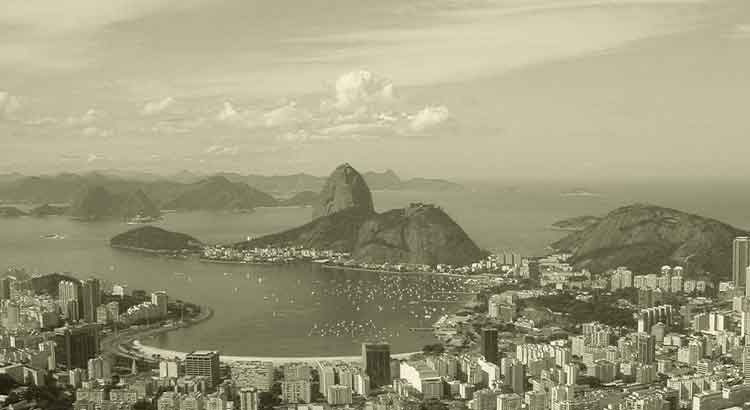I am also thinking about the accessibility of art, its social function, and everything else. Inevitably I think of my country. If I were to judge by the miserable character, the nullity of the effects on the masses, and the disrespect with which national artists are treated, I would have to conclude that the country where I was born produces only mediocre artists. This, of course, if I considered common sense as a parameter: the normal thing here is to live devoid of art. If someone says, in Brazil: “I am an artist”, one can ask him in sequence: “And what is your profession?” The artist, then, will have to admit that he does some odd jobs to pay the bills, or works in a job he hates. Why? Because, as a green-yellow artist, he carries on his back the sin of being superfluous, useless, idle, and at the same time is miserably underpaid. The artist, in Brazil, has to be an artist and an Uber driver, an artist and a cosmetics salesman. Nelson Rodrigues, a remarkably successful artist, worked as a journalist until the day before he died. I counter the notion of “accessible art” supported by reality: the great art necessarily goes against the grain of the majority, because the majority sees art as useless, dislikes thought, and praises pleasure. Funny… I think again of Tolstoy. A genius, the progenitor of a magnificent work, and he said that true art must be “accessible” and universal. It was said in Russia that Tolstoy’s entire work does not have a single moment that elicits a smile or the urge to laugh. It may be the passage of time, but I pose the question: How many today understand, or at least are interested in and read Tolstoy? In Brazil, certainly, his entire work would not relieve an artist of the need to deliver pizzas on a part-time basis…
The Green-Yellow Artist
